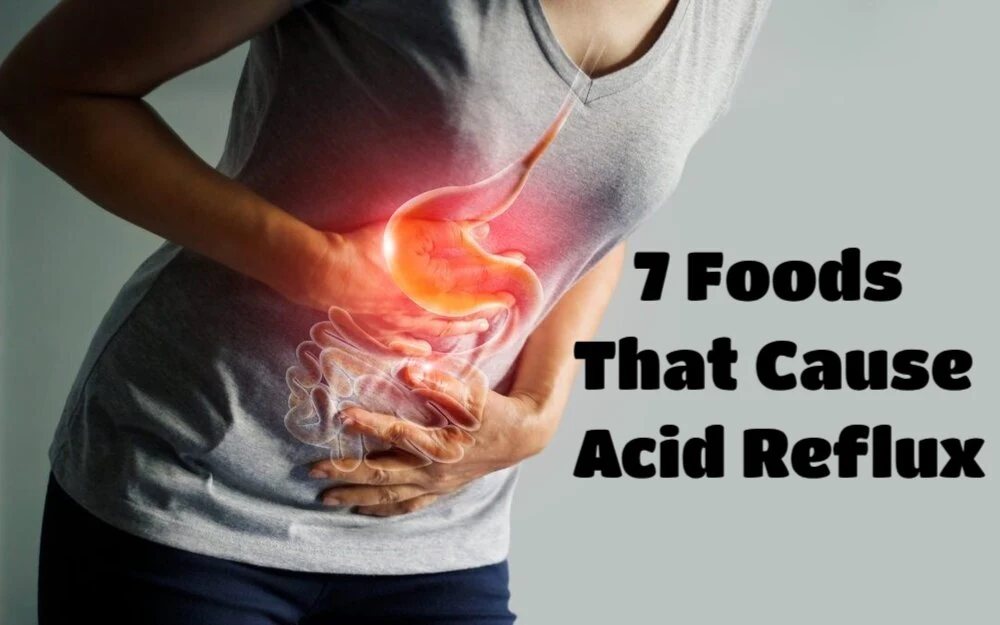Acid reflux is a common digestive problem that many people experience at least once in their lifetime. It is often described as a burning sensation in the chest or throat, accompanied by a sour or bitter taste in the mouth.
This discomfort occurs when stomach acid flows backward into the esophagus. While occasional reflux is normal, frequent episodes may signal a condition known as gastroesophageal reflux disease (GERD).
What Causes Acid Reflux?
Between the esophagus and the stomach lies a muscular valve called the lower esophageal sphincter (LES). Its role is to open when food enters the stomach and close afterward. When the LES becomes weak or relaxes too often, stomach acid can escape upward, irritating the lining of the esophagus.
Common Risk Factors for GERD
- Eating large or late-night meals
- Excess body weight or obesity
- Smoking and alcohol consumption
- Frequent intake of acidic or fatty foods
- Use of certain medications such as NSAIDs or muscle relaxants
Diet plays a crucial role in managing acid reflux symptoms. Below are foods and drinks commonly linked to worsening reflux symptoms.
7 Foods and Drinks That Commonly Trigger Acid Reflux
1. Chocolate
Chocolate contains compounds such as caffeine and theobromine that may relax the LES. In addition, its high fat content can slow digestion, increasing the likelihood of acid reflux.
2. Carbonated Beverages
Fizzy drinks cause gas buildup in the stomach, increasing pressure on the LES. Many sodas are also acidic, which further irritates the esophagus.
3. Alcohol
Alcohol relaxes the LES and can stimulate excess stomach acid production. Beer, wine, and spirits have all been linked to increased reflux symptoms.
4. High-Fat Dairy Products
Full-fat milk, cheese, butter, and ice cream can delay stomach emptying. This prolongs acid exposure in the stomach, making reflux more likely.
5. Caffeinated Drinks
Coffee and other caffeinated beverages may weaken the LES and stimulate acid production. Herbal teas such as chamomile or ginger are often better tolerated.
6. Fried Foods
Fried foods are high in fat and take longer to digest. This increased digestive time can worsen pressure on the LES and provoke heartburn.
7. Fatty Meats
Red meats and processed meats are harder to digest and often high in fat. Lean protein sources like poultry, fish, and plant-based proteins are usually gentler on digestion.
Foods That May Help Reduce Acid Reflux
While some foods aggravate reflux, others may help soothe the digestive tract and reduce symptoms.
Helpful Food Choices
- Oatmeal and whole grains
- Non-citrus fruits like bananas and melons
- Vegetables such as broccoli, spinach, and cucumbers
- Lean proteins including chicken, turkey, and fish
- Healthy fats in small amounts, such as olive oil
Final Thoughts
Acid reflux is often manageable with simple lifestyle and dietary adjustments. Identifying personal trigger foods and adopting healthier eating habits can significantly reduce discomfort and improve overall digestive health.
FAQ – Acid Reflux and Foods
What causes acid reflux?
Acid reflux occurs when stomach acid flows back into the esophagus due to a weak or overly relaxed lower esophageal sphincter (LES), causing irritation and discomfort.
Which foods commonly trigger acid reflux?
Foods and drinks that often trigger reflux include chocolate, carbonated beverages, alcohol, high-fat dairy products, caffeinated drinks, fried foods, and fatty meats.
Are there foods that help reduce acid reflux?
Yes. Foods that may help include oatmeal and whole grains, non-citrus fruits like bananas and melons, vegetables such as broccoli and spinach, lean proteins like chicken, turkey, and fish, and small amounts of healthy fats such as olive oil.
What lifestyle factors can worsen acid reflux?
Eating large or late-night meals, being overweight, smoking, drinking alcohol, and frequent intake of acidic or fatty foods can all increase the risk of acid reflux.
How can I manage acid reflux naturally?
Managing acid reflux naturally involves avoiding trigger foods, eating smaller meals, maintaining a healthy weight, avoiding lying down after eating, and choosing foods that soothe the digestive tract.

Comments